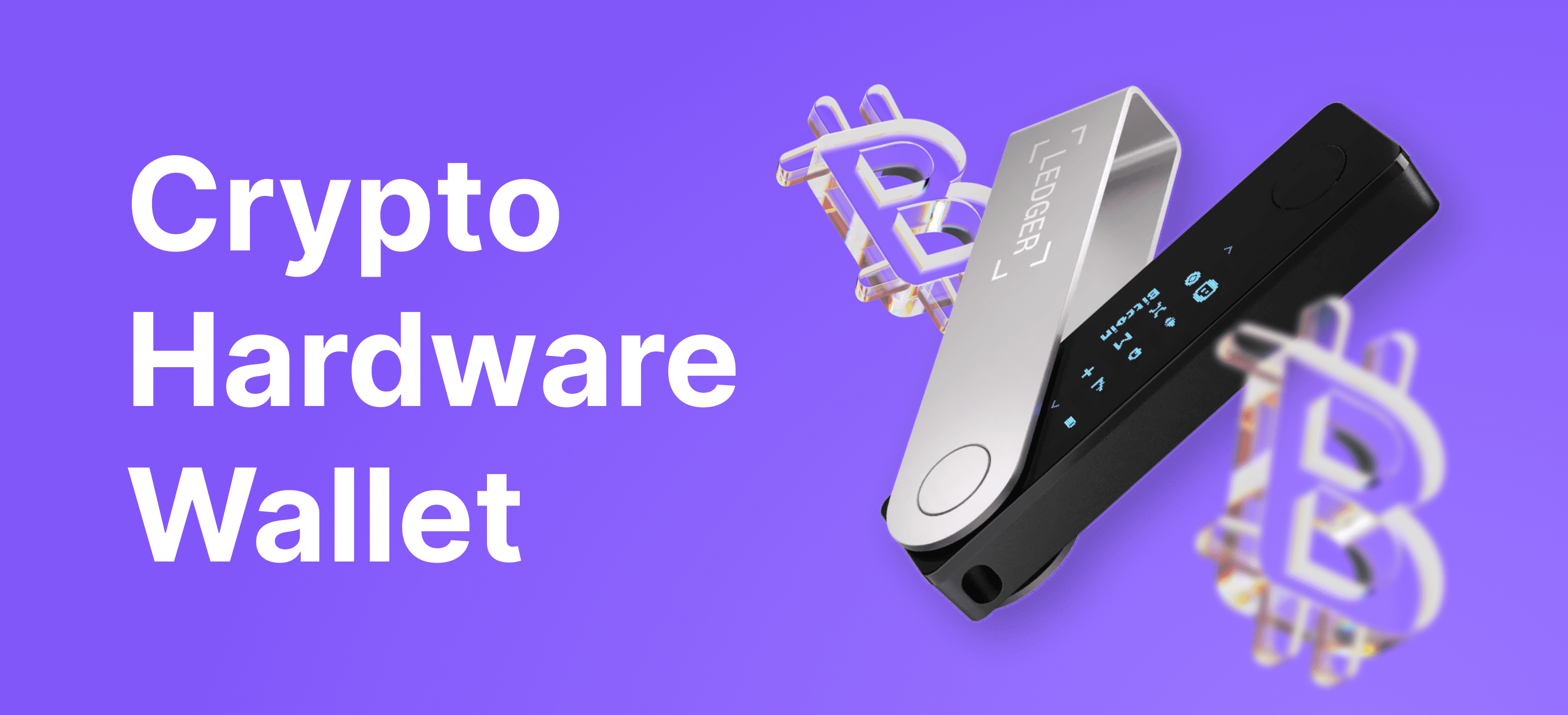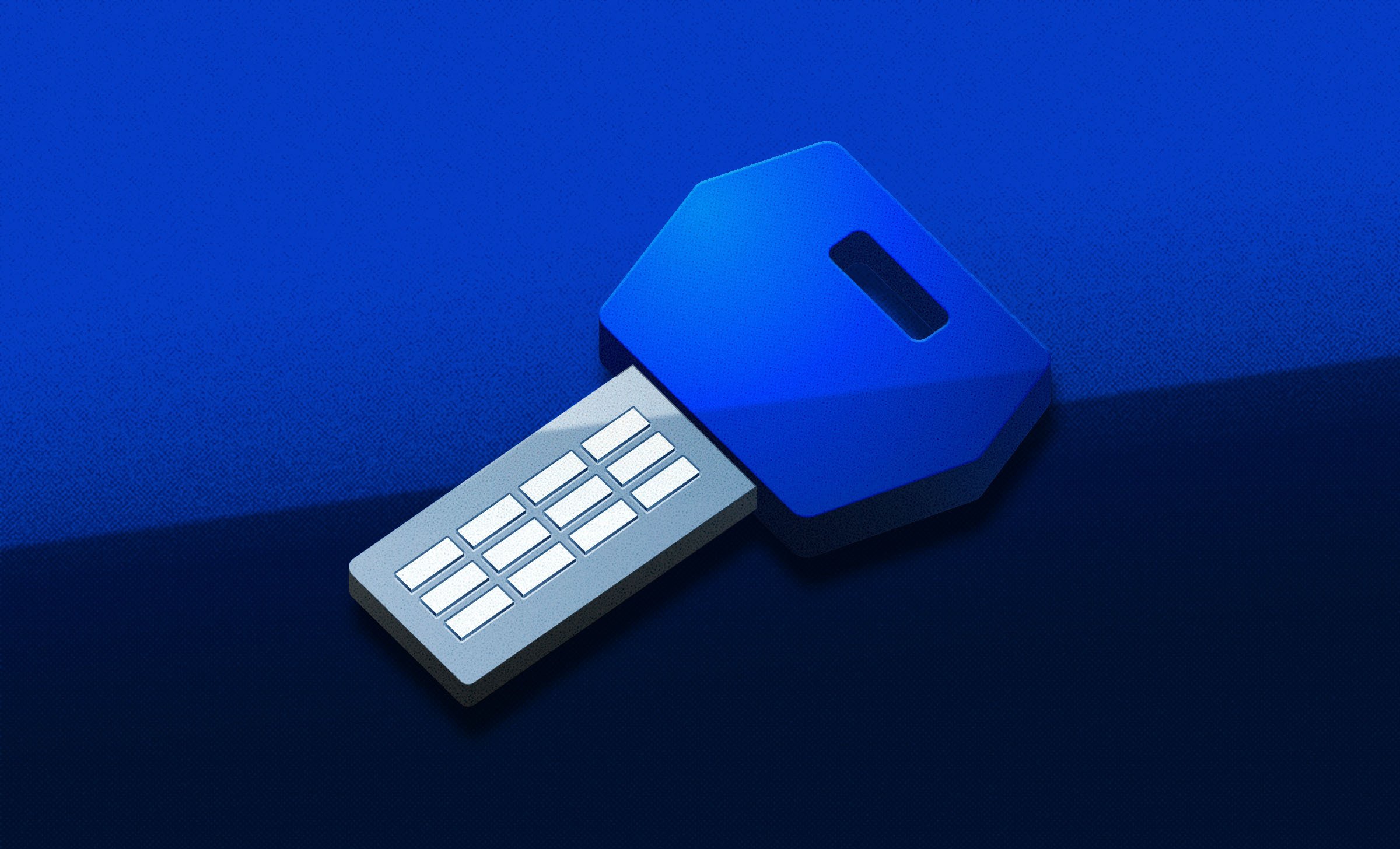1. What are Hardware Wallets?

A hardware wallet is a physical device, often resembling a USB thumb drive, designed to securely store a user's private cryptographic keys offline, also known as "cold" storage. Unlike traditional wallets that hold physical or fiat currency, a hardware wallet doesn’t store any coins; instead, it keeps the private keys required to access your cryptocurrency stored safely. These wallets are compatible with multiple blockchains, enabling users to manage different types of cryptocurrencies and assets from various exchanges on a single device. The information in a hardware wallet can also be easily backed up using a recovery phrase or PIN code.
In the cryptocurrency world, there are two types of wallets: hot wallets and cold wallets. Hot wallets, often provided by exchanges, are connected to the internet and are more vulnerable to online threats. In contrast, a cold hardware wallet, which operates offline, allows users to take full control of their private keys, making it significantly more secure. While not mandatory for beginners, a hardware wallet is highly recommended for those dealing with large amounts of crypto or long-term holdings.
2. What are Cryptographic Keys?
.png)
Cryptographic keys are essential for interacting with blockchain networks. These keys are a combination of letters and numbers, typically ranging from 25 to 36 characters. A user’s cryptocurrency is essentially data stored on a blockchain, and the keys are used to access and make transactions with it.
There are two types of keys:
-
Public keys, which are visible to everyone and act like an account number.
-
Private keys, which are used to prove ownership and authorize transactions. These are sensitive and should be kept secure, as they are the only way to access and control the cryptocurrency tied to the public key.
The phrase “not your keys, not your crypto” highlights the importance of private keys in cryptocurrency security. If the keys are stored with an exchange or a third party, the user has to trust that entity with their assets. Without a hardware wallet, the private keys are held by the exchange, making them vulnerable to cyber attacks or failures.
3. How do hardware wallets work?

A hardware wallet works by generating and storing private keys offline. These devices are simple, compact, and equipped with a few buttons and a screen to allow users to manage their keys and make transactions securely. Since they are offline, hardware wallets are immune to online attacks, as hackers cannot access the private keys remotely.
When a user wants to make a transaction, such as sending cryptocurrency to another wallet, they must use their private key to sign the transaction. The hardware wallet facilitates this process by connecting to an online device through a secure connection. Once connected, the transaction data is sent to the wallet for signing, and the signed data is then transmitted back to the blockchain via a crypto bridge. Throughout this process, the private key never leaves the device, ensuring that it remains secure from malicious actors.
This offline storage of private keys makes hardware wallets one of the most secure methods of managing cryptocurrencies, as long as the wallet itself is kept safe from physical theft.
4. Benefits of a Hardware Wallet

Offering a range of advantages, hardware wallets are trusted by both novice and experienced cryptocurrency users for safely storing digital assets. Below are the key benefits of using a hardware wallet:
-
Full Control: Hardware wallets give users full control over their private keys and cryptocurrencies, eliminating the need to trust third parties with digital assets.
-
Maximum Security: Since the private keys are stored offline, they are immune to online threats such as malware or hacking attempts, making hardware wallets much more secure than software wallets.
-
Backup Options: In case your hardware wallet is lost or stolen, you can use your recovery phrase (a backup of your private key) to regenerate your private keys and recover your funds on a different wallet.
-
Multi-asset Management: Many hardware wallets support multiple cryptocurrencies and blockchains, allowing users to manage a variety of digital assets in one secure location.
5. Disadvantages of a Hardware Wallet

Despite their many advantages, hardware wallets do have some drawbacks that should be considered:
-
Upfront Cost: Hardware wallets can be expensive, especially compared to free or low-cost hot wallets.
-
User Experience: Setting up and using a hardware wallet can be complicated for beginners. The process requires some technical knowledge and may not be ideal for those new to cryptocurrency.
-
Inconvenience: Since hardware wallets are physical devices, they require connection to a computer or mobile device for transactions. This makes them less convenient for frequent or day-to-day transactions.
6. Final Thoughts
While hardware wallets offer the highest level of security for cryptocurrency storage, they may not be necessary for everyone. For beginners or individuals with small amounts of cryptocurrency, software wallets or exchange-based wallets may suffice. However, if you have a significant amount of cryptocurrency or plan to hold your assets for the long term, a hardware wallet is an essential investment to ensure your funds remain safe.
Ultimately, the decision to use a hardware wallet depends on your needs and risk tolerance. If security is your top priority and you don’t mind the upfront cost and setup complexity, a hardware wallet is a highly secure option to protect your digital assets.
Read more:

 English
English Tiếng Việt
Tiếng Việt.png)
.jpg)

.jpg)
.jpg)
.jpg)

.jpg)
.jpg)

.jpg)
.jpg)
.jpg)




